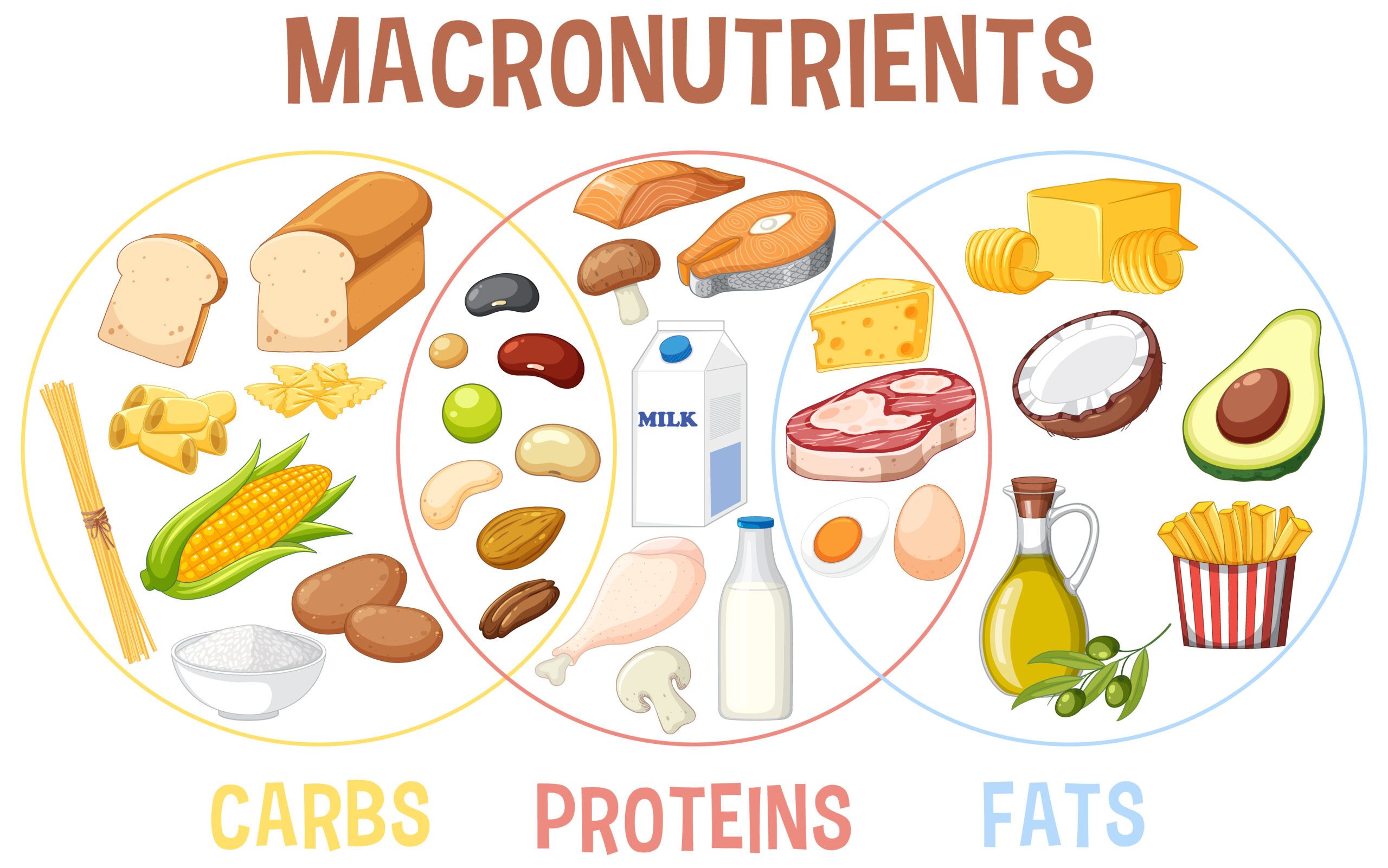Fats are a fundamental component of our diet and play an essential role in maintaining overall health. They are one of the three macronutrients, alongside carbohydrates and proteins, that provide energy and are vital for the proper functioning of the body. Despite their often-negative reputation, fats are crucial when consumed in the right amounts and types.
In this blog, we will explore the fats definition, their types, functions, food sources, and their importance for overall health. Additionally, we’ll address common questions and misconceptions about fats.
Fats Definition
Fats are organic compounds made up of carbon, hydrogen, and oxygen. They are hydrophobic, meaning they do not mix well with water. In nutrition, fats serve as a concentrated source of energy, providing 9 calories per gram, which is more than double the energy provided by carbohydrates and proteins.
What Are Fats in Food?
Fats are present in a variety of foods and are classified based on their chemical structure. Foods such as oils, butter, nuts, seeds, and fatty fish are rich sources of fats. They also contain fat-soluble vitamins such as A, D, E, and K, which are essential for the body to function properly.
Types of Fats in Food
The different types of fats include:
- Saturated Fats
Found in animal products like meat, butter, and cheese, as well as tropical oils like coconut oil. These fats are solid at room temperature. - Unsaturated Fats
Found in plant-based oils, nuts, seeds, and fish. These fats are liquid at room temperature and are considered healthy fats.- Monounsaturated fats: Found in olive oil, avocados, and almonds.
- Polyunsaturated fats: Found in sunflower oil, walnuts, and fatty fish like salmon.
- Trans Fats
Artificially created fats found in processed and fried foods. These are considered harmful and should be avoided.
Types of Fats in the Body
Fats also play diverse roles within the body, and different types of fats are stored in various ways:
- Essential Fat
Found in organs, bones, and tissues, this fat is necessary for physiological functions such as hormone production and temperature regulation. - Subcutaneous Fat
Located under the skin, it serves as insulation and energy storage. - Visceral Fat
Surrounding internal organs, this type of fat protects the organs but can pose health risks in excess. - Brown Fat
Generates heat and is more metabolically active, commonly found in babies and small amounts in adults.
4 Important Functions of Fats
Fats are essential for several physiological processes. Here are the 4 important functions of fats:
- Energy Source
Fats provide a long-lasting source of energy, especially during prolonged physical activities. - Nutrient Absorption
Fats enable the absorption of fat-soluble vitamins A, D, E, and K. - Cell Structure and Function
Fats are a critical component of cell membranes, ensuring they maintain their integrity and functionality. - Hormone Production
Certain fats are precursors to hormones and play a role in regulating various body processes.
Importance of Fats in Our Body
The importance of fats in our body cannot be overstated. While excess fat can lead to health issues like obesity and cardiovascular disease, healthy fats are necessary for:
- Brain development and function
- Temperature regulation
- Protecting vital organs
- Hormonal balance
Fats Food Sources
Healthy Fats
Healthy fats can be obtained from various food sources, including:
| Food Sources | Type of Fat | Examples |
|---|---|---|
| Fatty Fish | Omega-3 (Polyunsaturated) | Salmon, Mackerel, Sardines |
| Nuts and Seeds | Monounsaturated, Omega-6 | Almonds, Walnuts, Chia Seeds |
| Plant Oils | Monounsaturated | Olive Oil, Canola Oil |
| Avocado | Monounsaturated | Fresh Avocado |
| Dairy (Moderation) | Saturated | Cheese, Yogurt |
Unhealthy Fats
Unhealthy fats such as trans fats and excess saturated fats are found in:
- Processed snacks
- Fried foods
- Margarine
- Packaged baked goods

What Are Fats in Nutrition?
In the context of nutrition, fats are indispensable for overall health. They work synergistically with carbohydrates and proteins to meet the body’s energy and structural needs. However, it is crucial to consume the right balance and types of fats to maintain optimal health.
FAQs About Fats
1. What are fats?
Fats are macronutrients that provide energy, support cell structure, and aid in nutrient absorption.
2. What are examples of fats in food?
Examples include olive oil, butter, fatty fish, nuts, seeds, and avocados.
3. What are the types of fats in the body?
The main types are essential fat, subcutaneous fat, visceral fat, and brown fat.
4. Why are fats important in our diet?
Fats are necessary for energy, hormone production, nutrient absorption, and protecting organs.
5. What are healthy fat food sources?
Healthy fats can be found in fatty fish, nuts, seeds, plant oils, and avocados.
6. How do fats interact with vitamins?
Fats help absorb fat-soluble vitamins (A, D, E, and K), making them essential for nutrition.
7. Are all fats unhealthy?
No, unsaturated fats are healthy and essential, while trans fats and excess saturated fats should be limited.
8. What are 4 important functions of fats?
Energy provision, nutrient absorption, cell structure maintenance, and hormone production.
Conclusion
Fats are an essential part of our diet and serve critical roles in the body. By understanding the fats definition, their types, and their importance, we can make informed choices about what we eat. Including healthy fats in our diet while avoiding harmful trans fats and excess saturated fats is key to maintaining a balanced, nutritious lifestyle. By incorporating the right fats from diverse food sources, we ensure the body functions optimally while supporting long-term health.


